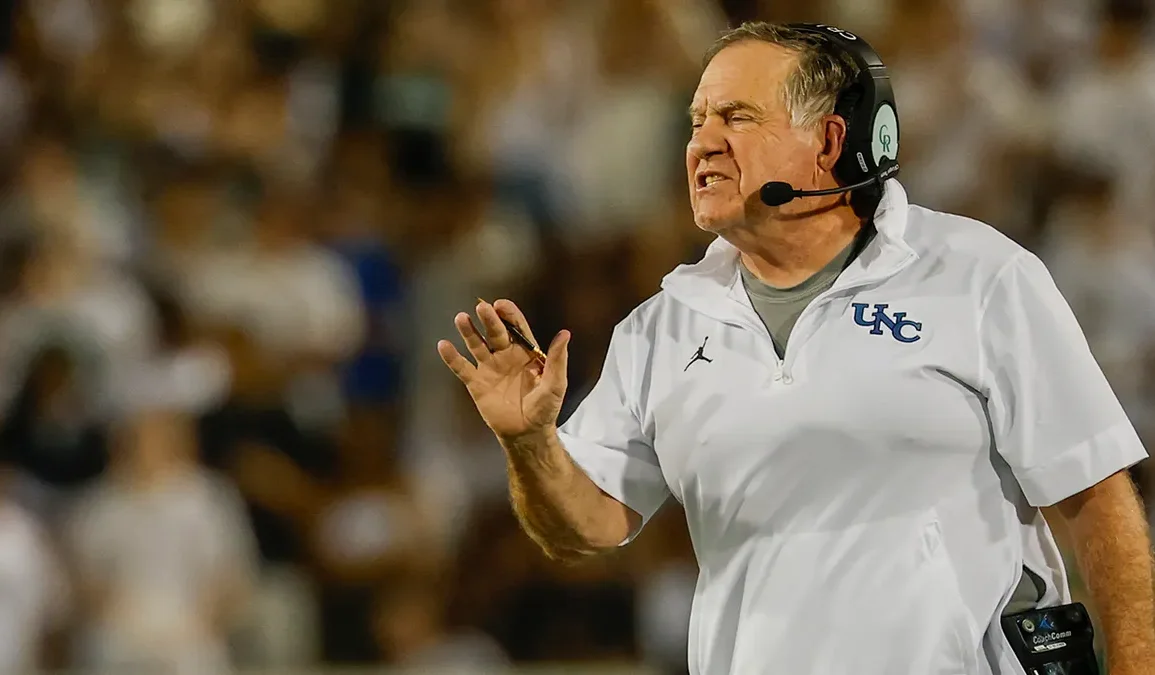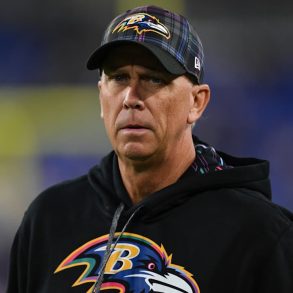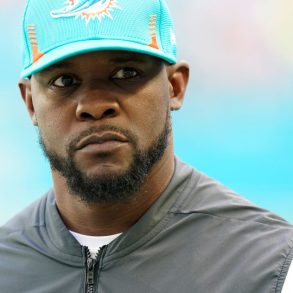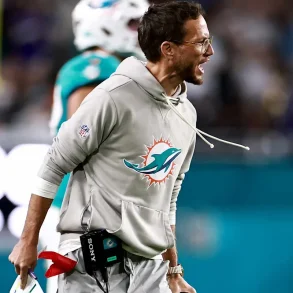North Carolina coach Bill Belichick has developed a reputation for framing his circumstances in one of two ways: either as a hero overcoming challenges or as a victim of unfair treatment. Following a series of critical reports about his difficult start in college football, Belichick appears to be embracing the victim narrative. This pattern of portraying himself as the wronged party has reemerged in response to growing scrutiny surrounding the instability within the UNC football program.
Belichick’s Camp Blames Patriots While Local Reports Reveal True Source of Criticism
Amid the mounting criticism, reports suggest that Belichick’s camp believes the negative headlines may have originated from New England. Dianna Russini of The Athletic reported that some within UNC suspect that the Patriots organization had a role in spreading these stories. This claim implies a deliberate effort from Belichick’s former NFL associates to damage his reputation, casting him once again as the target of outside forces.
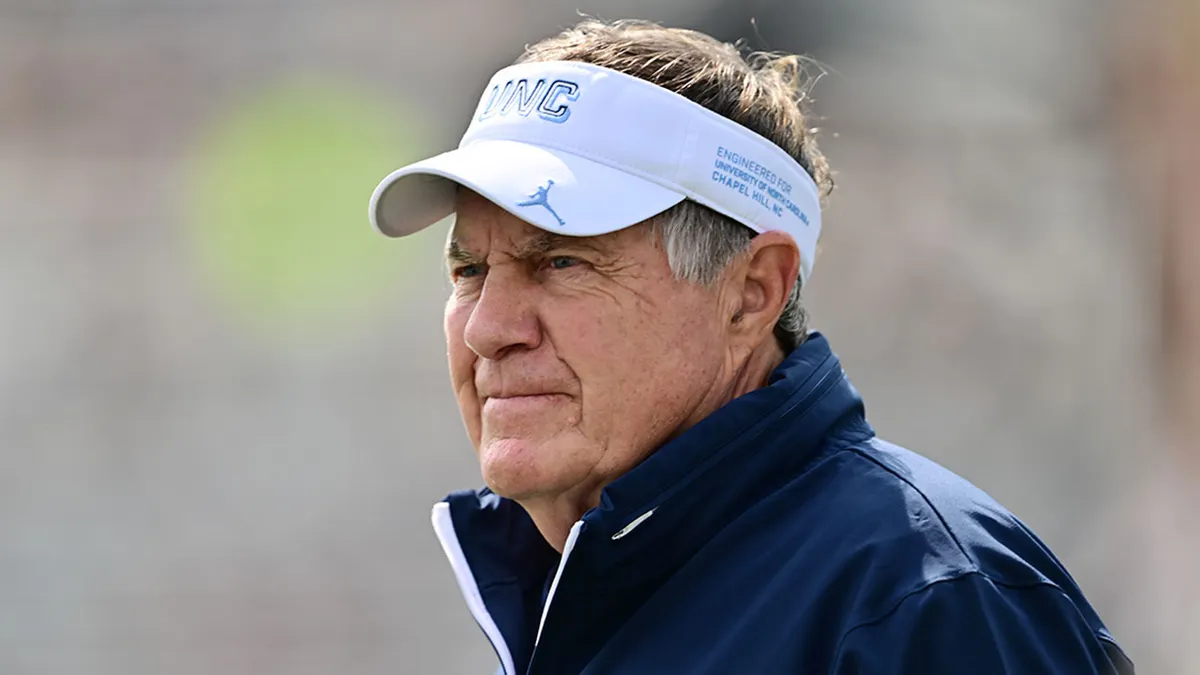
However, factual evidence tells a different story. The first report detailing dysfunction within the UNC program was published by Pat Welter of WRAL-TV, a local Raleigh outlet. The idea that the Patriots somehow infiltrated a regional television station to smear Belichick’s college team seems highly improbable. Additional reports came from North Carolina sports media rather than NFL-focused journalists, further weakening any claim of interference from New England.
Deflection and Denial in Belichick’s Struggle to Face Accountability Amid UNC Chaos
Despite the lack of credible evidence supporting interference from the Patriots, the Belichick-led program continues to suggest that criticism is part of an organized attempt to undermine them. Russini’s reporting indicates that individuals inside the football operation, including Belichick and General Manager Mike Lombardi, believe the negative press is intended to harm the program. Yet Lombardi’s poor management of player recruitment and the team’s internal disorganization point to problems that are largely self-inflicted.
In the end, the effort to deflect blame onto the Patriots or the media hides the real issue: the UNC football program’s own failures under Belichick’s leadership. Instead of accepting responsibility and addressing internal weaknesses, the coaching staff appears focused on assigning blame elsewhere. This pattern of denial may provide temporary comfort, but it does little to solve the serious challenges facing Belichick’s first college football venture.



